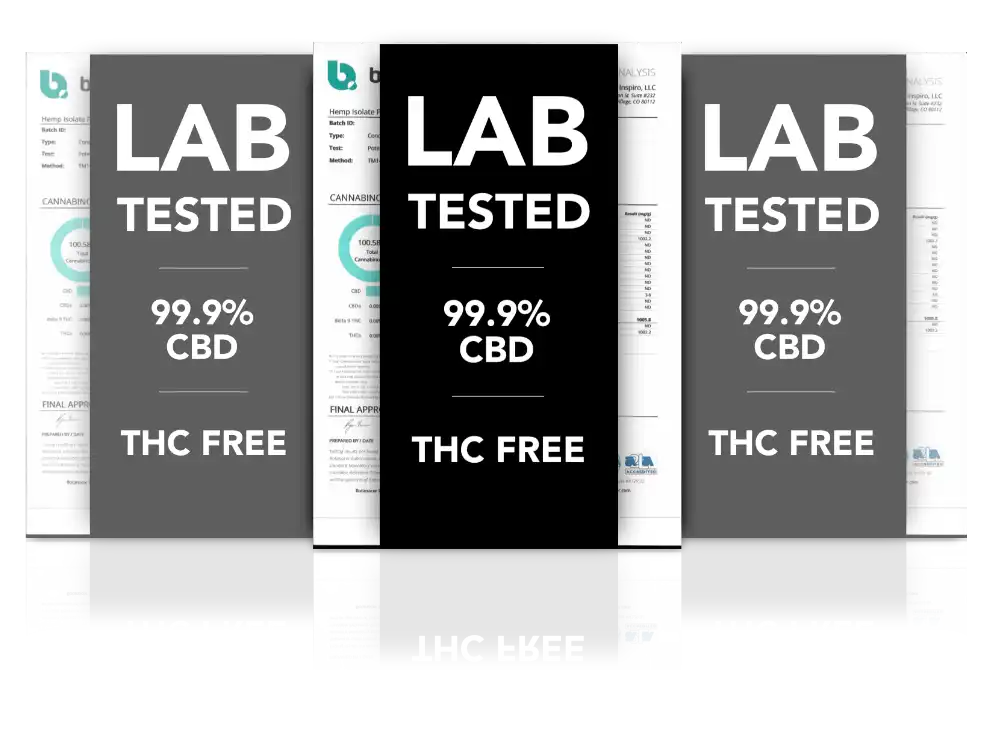Understand how CBD affects the digestive system
TABLE OF CONTENTS
- Introduction
- CBD's Impact on the Digestive System
- CBD vs. Digestive Disorders
- Managing Inflammation
- Irritable Bowel Syndrome (IBS)
- CBD and Inflammation
- Risk Assessment
- Dosage Dilemma
- Conclusion
Digestive health is the unsung hero of our well-being, influencing everything from our mood to energy levels. But what happens when your gut isn't performing at its prime? Many are turning to CBD as a potential ace up their health sleeves. In this article, I'm not here to deliver a sales pitch, but to foster meaningful understanding. We'll break down how CBD—shorthand for cannabidiol, a component of marijuana and hemp plants—could potentially alleviate various digestive disorders.
CBD's Impact on the Digestive System
Understanding how CBD affects the digestive system is the first step toward appreciating its potential therapeutic properties. The digestive system is regulated by the endocannabinoid system (ECS), a complex network of receptors and endocannabinoids that help maintain a balanced state within the body. CBD interacts with the ECS, possibly influencing gastrointestinal processes such as motility, secretion, and inflammation.
Connections Between CBD and Digestion
Studies have found that CBD can interact with ECS receptors in the gut to reduce contractions in the intestines, contributing to its anti-diarrheal effect. It may also slow down the release of anxiety-induced activation of the gut, known as the 'fight or flight' response, which can lead to those dreaded mid-meeting dashes to the bathroom.
The Fine Line Between Aiding and Hindering Digestion
However, this is where personal and condition-specific responses become crucial. While some may experience relief from digestive symptoms, others might find that CBD exacerbates certain issues. The difference lies in the myriad of disorders under the digestive umbrella, each reacting uniquely to treatment.
CBD vs. Digestive Disorders
The most compelling aspect of CBD's interaction with the digestive system is its potential to combat a range of digestive disorders, from common afflictions like periodic indigestion to chronic conditions such as Crohn's disease.
CBD and Inflammatory Bowel Disease (IBD)
Inflammatory bowel disease, a collective term for chronic inflammation in the digestive tract, poses debilitating symptoms for millions. Luckily, CBD's anti-inflammatory properties may offer solace. By interacting with immune cell function and cytokine signaling, CBD could potentially alleviate the severity of IBD symptoms, as suggested by preclinical and anecdotal evidence.
Navigating Through Nausea and Gagging with CBD
Among the more troubling symptoms of digestive distress is the loss of appetite, nausea, and even a fight-or-flight-induced gag reflex. This is where CBD's interaction with the ECS comes into play, possibly modulating the emetic pathway to provide a calming influence on the gut and brain connection.
Managing Inflammation
Inflammation is the issue in many digestive difficulties, whether it's the discomfort of bloating or the dire pains of inflammatory bowel disease. CBD's inherent ability to curb inflammation offers hope for those who suffer from it.
Crohn's Disease
Crohn's disease, a severe form of IBD, is resistant to many therapies. CBD presents a novel, natural aid in Crohn's management. Research indicates that CBD could potentially aid in maintaining remission periods and improving patient-reported symptoms.
A Non-Invasive Ally
CBD's interaction with ECS provides a non-invasive ally in the fight against digestive inflammation. While conclusive data are still emerging, early signs show that it could offer support in managing the inflammation that engulfs many digestive disorders.
Irritable Bowel Syndrome (IBS)
Perhaps the most enigmatic of digestive disorders, IBS can confound both patients and practitioners with its varied and unpredictable symptoms. CBD, with its multi-pronged influence on gut motility, visceral sensitivity, and endocrine regulation, might just many people combat the symptoms.
CBD on Overdrive: The Balancing Act in IBS
By reducing hypermotility in stressed individuals and dampening the hypersensitivity experienced by pain-dominant IBS, CBD demonstrates its broad yet targeted approach to IBS symptom management. For many, the regular use of CBD could mean a significantly improved quality of life, free from IBS-related distress.
Risk Assessment
Nothing that enters our bodies is without risk, and CBD is no exception. One must approach CBD use for digestive relief with the same caution as any other remedy, especially when considering pre-existing digestive disorders. It is important to consult your physician first before using CBD.
Dispelling Concerns over CBD’s Safety Profile
Despite the misconceptions, CBD is generally well-tolerated and exhibits a favorable safety profile when used responsibly. Current evidence suggests that although rare, potential side effects include diarrhea, changes in appetite, and, somewhat paradoxically, increased appetite.
The Role of CBD in Intestinal Motility
For those with motility disorders, the prospect of using CBD to manage symptoms is both tantalizing and tenuous. Some may find that CBD helps normalize their GI movements, while for others, it could potentially exacerbate existing problems. This underscores the importance of personalized care and close monitoring by your care team.
Dosage Dilemma
The rule of thumb with CBD is starting low and going slow. Determining the right CBD dosage for digestive disorders is a process of self-discovery, often involving trial and error. Various factors, from individual response to the severity of the condition, can influence the ideal dosage.
Establishing a Dose-Response Relationship
While there's no magical number that works universally, most experts recommend starting with a modest dose and incrementally adjusting until the desired effects are achieved. This approach is not a one-size-fits-all solution but a personalized treatment to uncover what works best for you.
When Less is More
For digestive health, sometimes less really is more. In the case of CBD, using the lowest effective dose not only minimizes the risk of unwanted side effects but can also be economically beneficial. It's a case of finding that sweet spot where efficacy meets economy.
Conclusion
The dialogue surrounding CBD and digestive health is one shrouded in both promise and pragmatism. CBD might not be the silver bullet, but it does offer a silver lining in the often-cloudy world of digestive disorders.
Citations and References:
APA Style Health Information Page
AMA Style Citation Guide
 John "Johnny P" Pacheco
John "Johnny P" Pacheco
The founder of Inspiro, LLC – "Johnny P" — is committed to offering the finest quality products at reasonable prices. In fact, we test every batch of CBD for purity. Our focus is on CBD Isolate and related products that are THC-free, as well as education and learning about CBD and its uses and impact on our lives.





